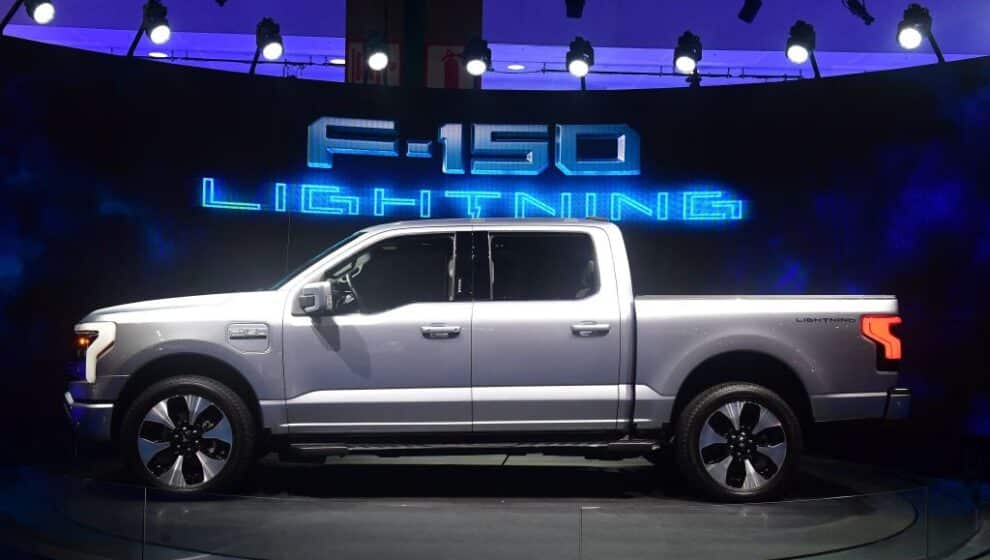Ford Motor says it will have enough battery capacity to produce 600,000 electric vehicles (EV) per year by 2023.
The Michigan-based car company announced that it has secured battery capacity and raw materials that will help it reach its targeted annual run rate of 600,000 electric vehicles by 2023 and more than 2 million a year by 2026.
“Ford’s new electric vehicle lineup has generated huge enthusiasm and demand, and now we are putting the industrial system in place to scale quickly,” says Ford Model e CEO Jim Farley.
Giving the company confidence to set and achieve these EV goals is research by consultancy group EY showing that the majority of consumers who intend to buy a car in the next two years say they will choose an EV or hybrid vehicle. That’s up 22% from 2020.
Ford plans to invest more than $50 billion in EVs through 2026. It also plans for more than half its global production to be EVs by 2030.
The company displays on its website plans to reach a 600,000 global EV run rate by late 2023 with the following EVs:
- 270,000 Mustang Mach-Es for North America, Europe, and China
- 150,000 F-150 Lightnings for North America
- 150,000 Transit EVs for North America and Europe
- 30,000 units of an all-new SUVs for Europe
Ford and the world’s largest battery producer, CATL, have been exploring a cooperation for supplying batteries in Ford’s markets across China, Europe, and North America. In September 2021, Ford announced its plan to build a mega campus in Tennessee and twin battery plants in Kentucky. Ford said the plants will bring zero-emission vehicles at scale to American customers with the largest, most-advanced, and most-efficient auto production complex in the company’s history.
The company has also said it is taking a step further to make EV’s accessible to a broader audience by addressing hurdles such as vehicle charging, high cost, and improving the EV customer purchase experience.
“This is our opportunity to win a whole new group of customers, building their loyalty and advocacy as we grow our market share,” says chief customer officer Marin Gjaja.
